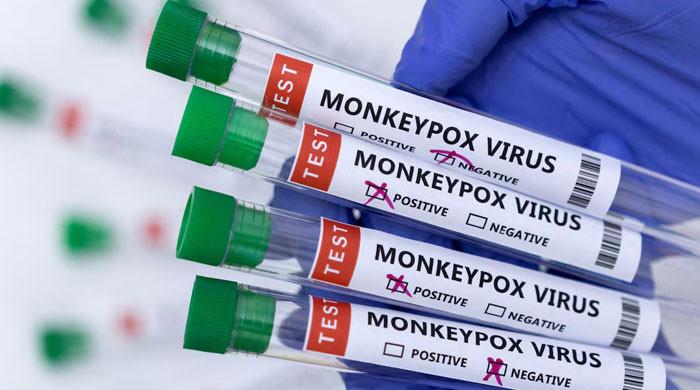Indonesian Cough Syrup Firm Executives Jailed After Child Deaths

Four officials from an Indonesian pharmaceutical company, Afi Farma, have been sentenced to two-year prison terms and fined 1 billion Indonesian rupiah ($63,056; £51,786) each. They were found guilty of producing cough syrups containing toxic substances that led to the deaths of over 200 children.
The Public Prosecutor stated that between October 2021 and February 2022, Afi Farma received two batches of propylene glycol, used in cough syrup production. However, these batches contained 96% to 99% ethylene glycol, a highly toxic substance. The prosecutor emphasised that while propylene glycol is non-toxic and widely used in medicines, cosmetics, and food, ethylene glycol is used in paint, pens, and brake fluid. Afi Farma did not test the ingredients used in their cough syrup, relying instead on quality and safety certificates from their supplier.
Afi Farma’s chief executive, Arief Prasetya Harahap, and three other company officials faced charges in the case. Prosecutors had sought prison sentences of up to nine years for the CEO and seven years for the other defendants.
The Kediri District Court in East Java found the defendants guilty of intentionally producing pharmaceutical goods that did not meet safety standards. The defendants received two-year prison terms and were ordered to pay fines.
The case has brought attention to the need for stricter oversight of drug supply chains, especially after more than 200 Indonesian children, primarily under the age of five, died of acute kidney injury linked to contaminated cough syrup since 2022. Similar deaths have been reported in the Gambia and Uzbekistan, prompting the World Health Organisation (WHO) to issue warnings about specific cough syrups made in India and Indonesia.
Afi Farma’s lawyer, Samsul Hidayat, pointed out that Indonesia’s drug regulator did not require rigorous testing of ingredients by drug makers. The firm is considering whether to appeal the verdict, as it denies negligence. The case raises questions about the pharmaceutical industry’s responsibility in ensuring the safety of its products and the role of regulatory bodies in preventing such incidents in the future.






